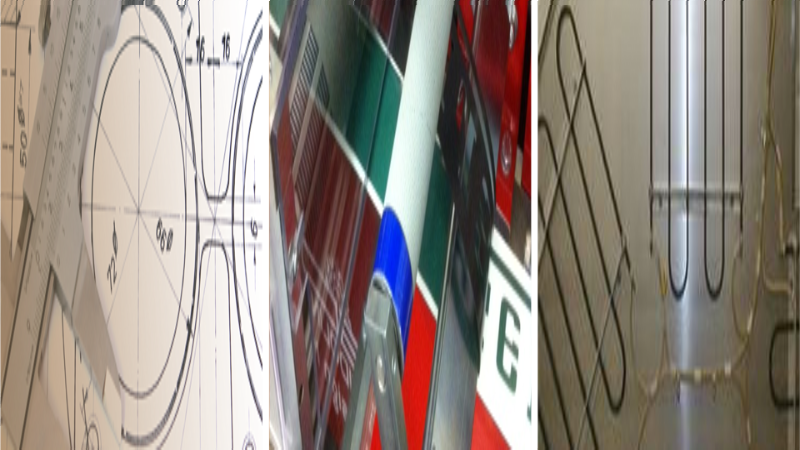There are many different applications and uses for electrically conductive tape, and the choice of tape will depend on the specific need for a particular job or project. In general, the purpose of this tape is to replace the traditional grounding options with the tape, making assembly much easier.
Considerations
Often a pressure sensitive adhesive or PSA electrically conductive tape is preferred. This is also known as a transfer tape. Depending on the type and the special features of the tape, which includes the electrical conductivity of the tape, as well as the conductive particle type, the tape may come in a variety of different types of sizes, lengths, and colors.
Other factors to consider when choosing electrically conductive tape is the type of conductivity required. Some tapes are only conductive through one axis while others are conductive through three. A Z-axis conductivity means the electricity is conducted through the thickness of the tape. With the X and Y plane or axis, conductivity is through the plane of the adhesive, or along the length of the surface of the tape.
Common Uses
Some of the more common uses of electrically conductive tape, particularly those with a silver-coated nickel conductive particle type include the elimination of EMI or electromagnetic interference. This is a very common need in the development of electronic devices, antenna set-ups and other types of applications where there will be electromagnetic fields generated.
They can also be used for bonding, adding the added benefit of grounding, as well as static dissipation and metal to metal bonding when grounding is required. Most of these tapes do not require any thermal curing, so they are ready to use with the application.
Application
Application of electrically conductive tape, either as a roll or of the die cut forms of tape can often be done just with the fingers, which is most commonly the application method for small components. For larger areas, the tape rolls can be applied with a roller for a smooth, even application.
There are some types of electrically conductive tape that are designed for application on hard surfaces only while some are more appropriate for use on soft surfaces. There are also some types of tapes that are ideal for universal types of applications, which is important for many types of fabrication needs.
To learn more about the type of electrically conductive tape they offer, visit Engineered Materials, Inc. The website is also easy to find at engineeredmaterialsinc.com.

